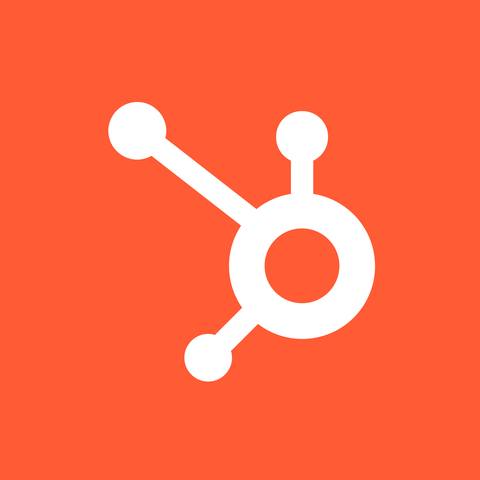

Fibery Reviews & Product Details
Fibery is a no-code development platform and workflow management software that helps users facilitate seamless internal processes from start to finish. With Fibery, users can unite user research, creativity, strategic planning, product road mapping, software development, and customer feedback aggregation via a single, user-friendly dashboard.
| Capabilities |
|
|---|---|
| Segment |
|
| Deployment | Cloud / SaaS / Web-Based |
| Support | 24/7 (Live rep), Chat, Email/Help Desk, FAQs/Forum, Knowledge Base, Phone Support |
| Training | Documentation |
| Languages | English |
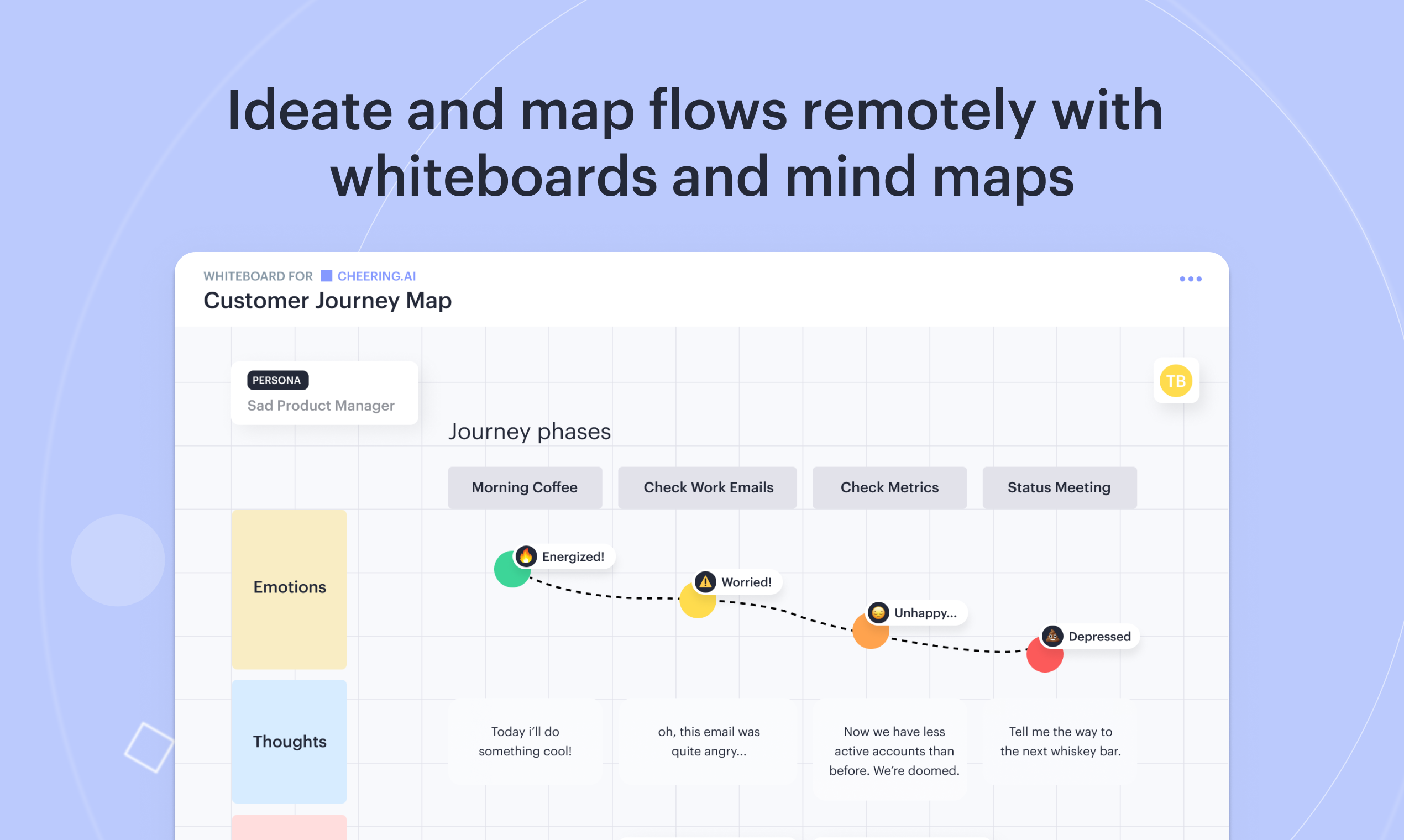
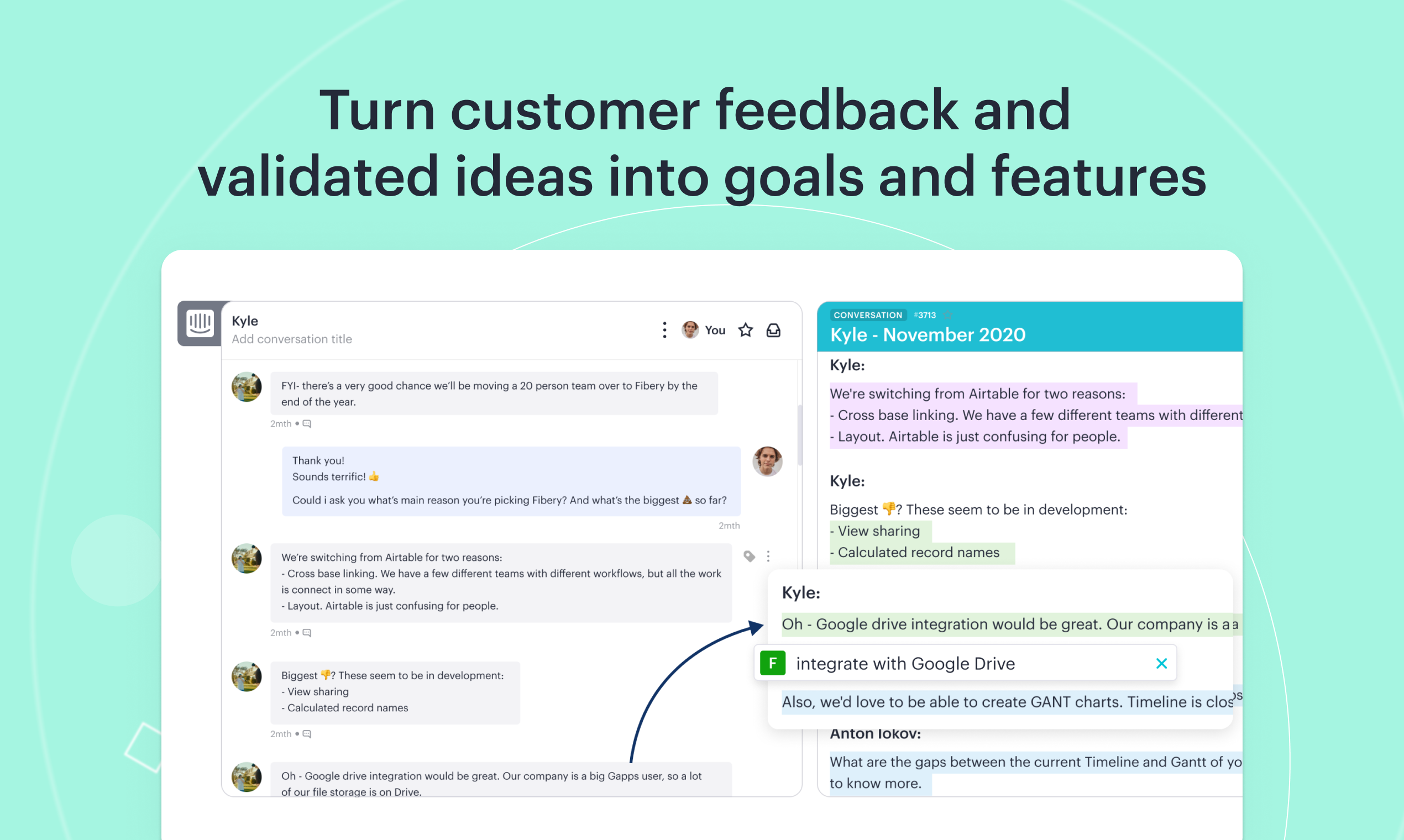
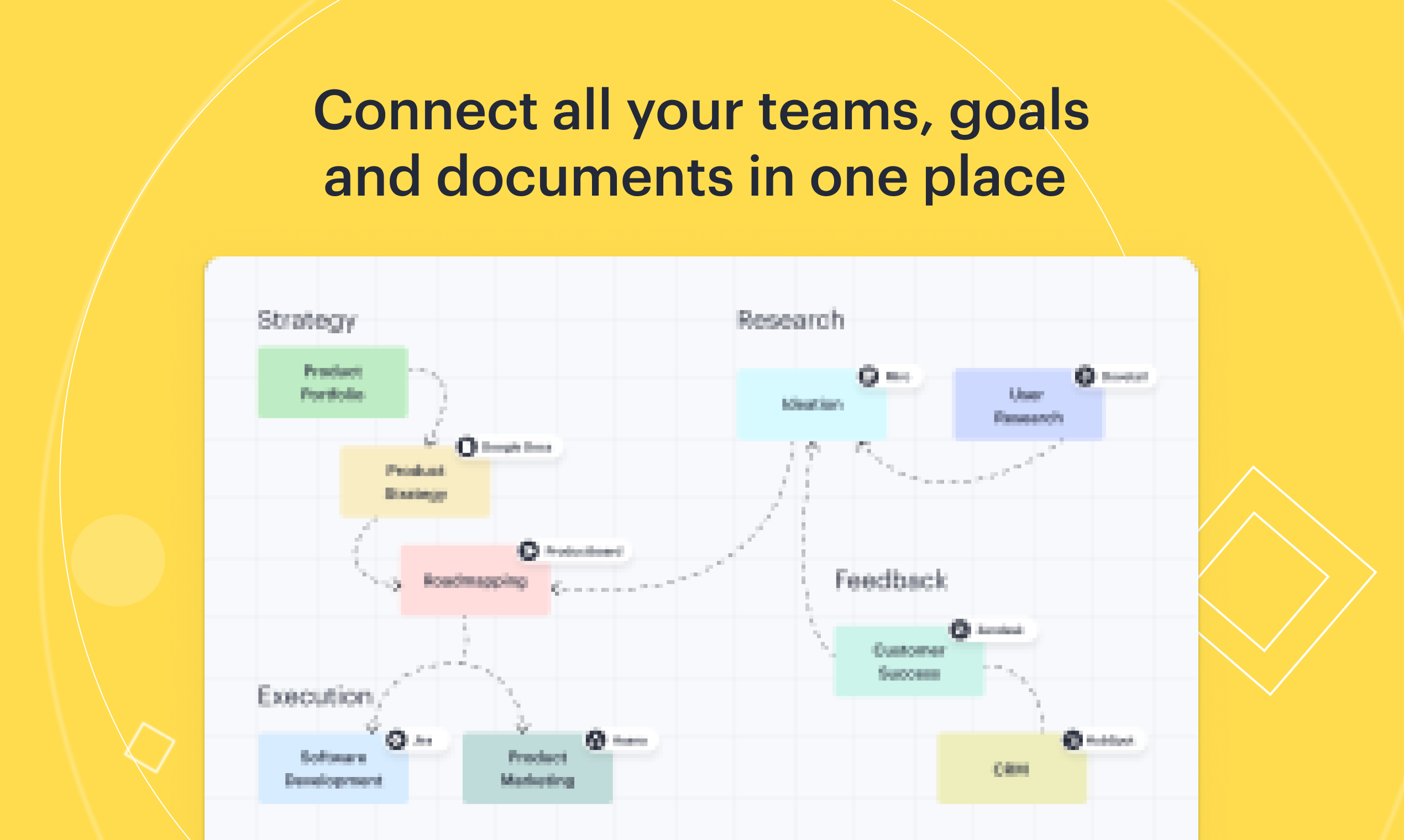
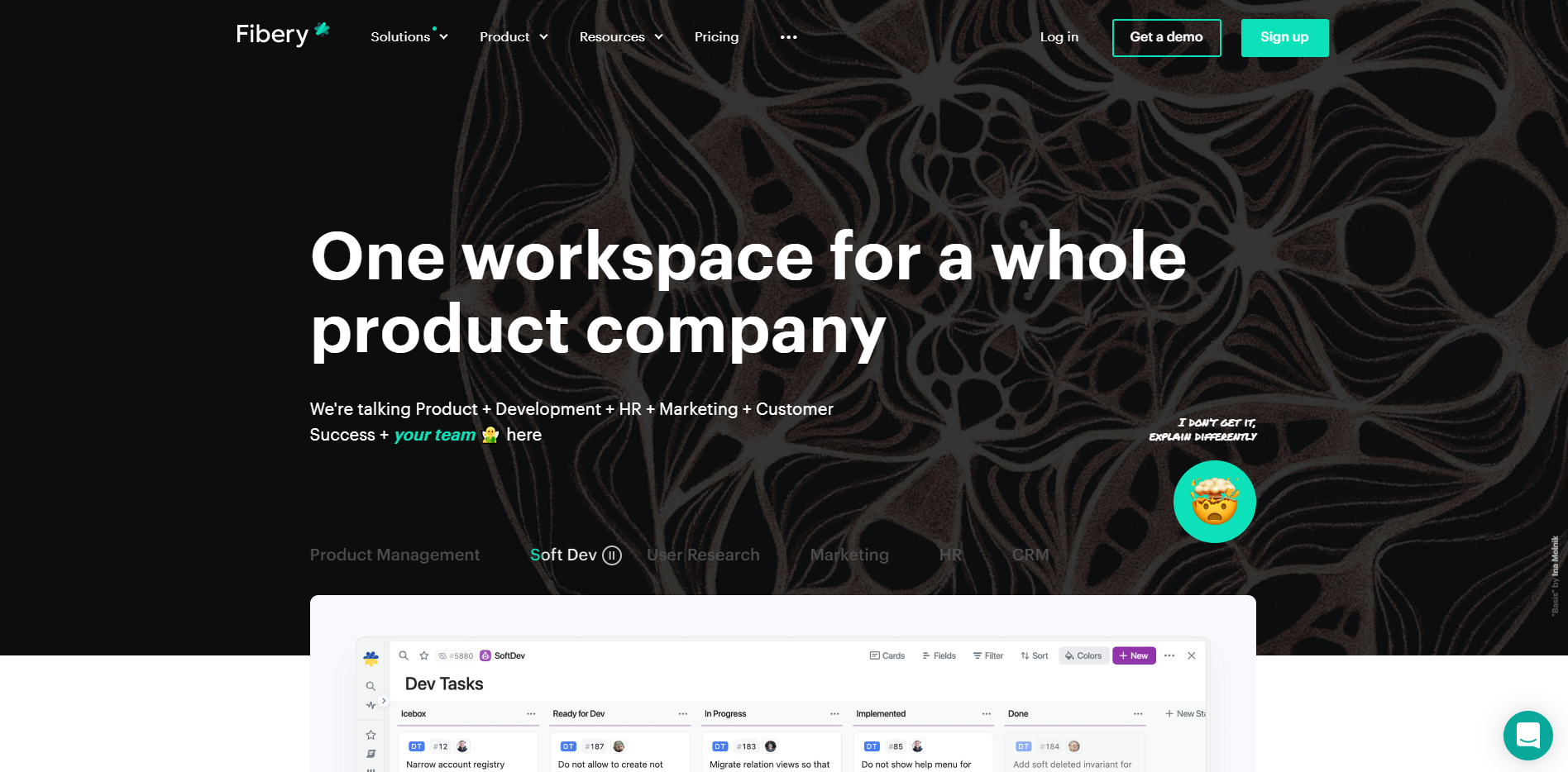
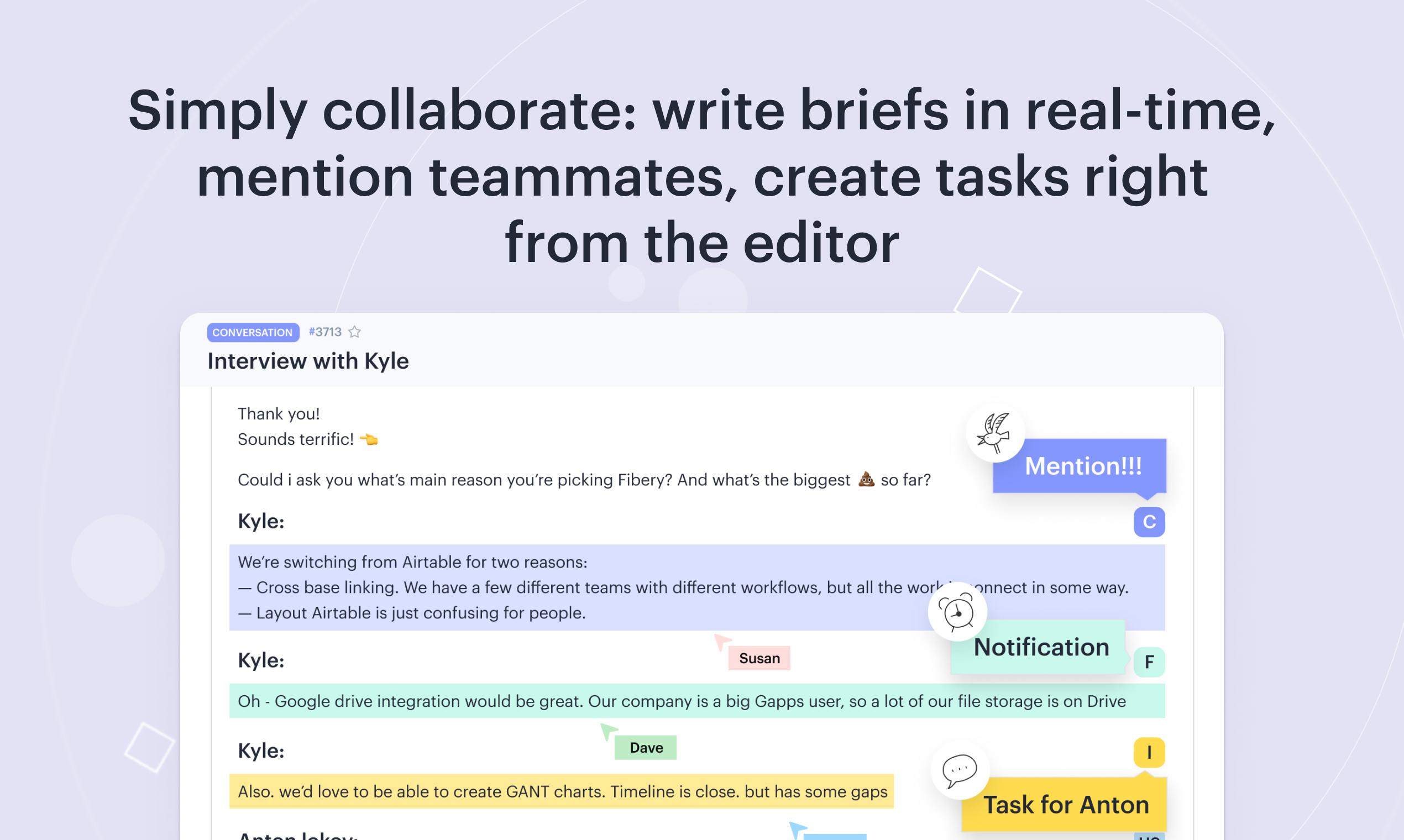

You can start simple and bring in complexity later to meet your workflow as you like.
steep learning curve and the fields on the right side of entities
It is our brain of the company and is highly integrated
Everything is connected! It allows you to fully break through knowledge silos. Many connectors already avaiable - or write your own.
For medium/larger companies a workspace can become hard to structure. Another hierarchy/grouping/filtering level would be useful.
Managing various kinds of knowledge, projects, workflows. Making work visiable. Connected knowledge - breaking through tool and functional team-silos.
Highly adjustable boards fills all of our needs for a efficient operations management. The Fibery team and communications are superb.
All the features are in place that we need.
We are managing multiple tasks and pipelines within our company.
It is robust, but super simple to use and very customizable. Perfect solution for product teams and more. Wish I knew about it sooner. Kicks Jira's, ClickUp's and all other tools ass
Bit overwhelming at start, nothing else really
amazing for product planning and management, from strategic to operational, all interconnected
very versatile and flexible approach to support all kinds of internal processes in product development!
Difficult at first to get into it and understand the flexible concept. Flexibility comes with the price of more upfront work with the configuration of the tool.
- management of internal processes - integrated management of all (!) product developement processes
The flexibility; how to present the information, the reports, everything. The helicopter overview the system offers is awesome!
Nothing really. The iteration of the product is quick and delightful.
Earlier we used JIRA, and had to resort to other programs and apps to get the full view of the product/project. In Fibery, we can track everything we need to be efficient.
Fibery is a "platform of platforms", an environment where you can connect, coordinate, prototype, and scale both your end-to-end orchestration and your strategy-to-execution loops.
There is no showstopping lack of functionality in Fibery, but (a) it is a bit of a hassle to set up two-way integrations with other services, and (b) I would love to have Miro-level whiteboarding in Fibery, either by connecting actual Miro boards to Fibery Spaces or upping the built-in whiteboards to Miro-level of functionality.
Fibery allows me to break the silos between business processes either by replacing them with Fibery Spaces or connecting them through integrations. This is an organizational quantum leap because Fibery can be used to federate autonomous teams!
Extremely flexible AND complete. I am not limited in the features of the tables, the links between tables, and the visualizations available
It is a young product, so some features are still a bit incomplete. Features are being actively worked on and updated, but sometimes it is not quite complete at a given moment
I have a small company and use Fibery to manage my clients, projects, invoices and received payments. It is much more dynamic than excel spreadsheets, much more flexible than small dedicated SAAS that cover only one purpose, and much less expensive than ERPs.... I love it!
When using other apps for Kanban/CRM/DMS whatever else, you end up (at least to some amount) conforming your process to the software provided. Specific types of cards, buttons you don't need, etc. etc... Not with Fibery! Everything is customizable, clean and efficient. Structured data combined with unstructured ones, wonderful for anything from running a business to organizing your cookbook. I love it! Also the company is very open and provides wonderful support.
Even though I have ideas for some specific features, the Fibery team has proven several times they have a clear direction towards which they steer their product, and they surprise me with things I didn't know I needed until I saw them and better solutions than I could've envisioned. I dislike I'm not future me and I cannot use features from the future now! :D
Task management, CRM, research topics, knowledge base, scheduling and meeting notes keeping, long-term and short-term planning, and more
Only product that has multiproject overlayed kanban view with powerful filters. Completely customizable to satisfy each requirement of every people in team
When you use it you start to need even more features and their team is never fast enough to provide them.
Complex project management. Satisfying many people requirements together.
I like the degree at which I can grow it to adapt to my way of working instead of working as the platform allows me to like its the case with other solutions
once you created your structure it looks too complex for the average user.
Task management, jira follow ups, progress reporting
I like that there are clear ways to get data in, and then you can use it all around Fibery, aggregate it, create reports and have clear views for anything you wish. You can also easily create documents and knowledge bases that will be part of the workflow, as well as whiteboards that can have both scribblings and blocks, as well as actual parts of your fibery process. As long as you know what you want to do, you can do it in Fibery. The core product seems very solid and well built.
It's still a very young product so there's a lot of work ahead to have more templates, polished features etc. It's not so much a dislike as it is a given with any new product.
I am creating a workflow for my company, to keep track of things as well as increase efficiency. Fewer things slip through the cracks and it's much easier to work.
We've build a whole project management tool in fibery just in couple of days so we have a personalized tool without coding.
I wish there would be easier to use, better documented API to retrieve data from fibery.
OKR tracking, project tracking, online marketing tracking, product management tracking. And all deliverables are connected to the org structure (what is not hierarchical)
Advanced relational databases. Automation at every level. Amazing team: transparency, atentive, responsive... No limitation (databases, automata, API calls...)
I studied 16 tools (Notion, Monday, Coda...) and Fibery is the best for me. Some things are missing but they are fast at developing them. It'll soon be perfect
The power of Fibery is really impressive. I can develop an app for each department of a company and link them to enhance knowledge and reactivity.
Organized but very flexible structure. All needed tools are integrated into one platform. The advanced reporting system is awesome. We can create literally any app based on Fibery.
If I want to create different workspaces with the same people I have to pay multiple times. Formula editor might be better. I'd love to have multiple databases in a table view.
All business management stuff. Strategy, customer discovery, clients relationships, business intelligence, product management, project development management, human resources, etc. You can create a comprehensive business suite on Fibery.
No code interface that let you setup your workspace the way you want. You don't need to use multiple solutions for communication/HR/Whiteboard/project management, etc. Everything is connected in one place.
Miss some features like dependencies in timeline, forms and mind mapping, but this is a little drawback for what you get. Devs add new features every months and it's on the road to perfection
Be able to adapt our workflow depending of our needs. Link the design doc with the project management.
I'm a data engineer so my brain works like how Fibery operates. The smart folders and document layering is bonkers!
There is no phone or desktop app. Not a huge deal breaker, but most web browsers aren't exactly "lightweight" containers for your app.
Fibery organizes my business. I'm able to document the processes used throughout in a very manageable and presentable way. I'm able to keep track of operational things like inventory stock levels and trigger workflows from this information. I can also create projects, tasks to go with that project and attach relevant documentation so when I assign it to someone else, they have everything they need to get the work done.
Thanks to its flexible working model, it makes in-house communication and documentation quite easy. It has a lively structure in terms of new features, it is constantly improving itself. It is a leading product in market in terms of responding to customer needs.
There's nothing I don't like about Fibery.
The flexible and cooperative working environment offered supports teamwork. Thanks to reporting and graphs, we are able to complete our studies.
Being able to construct flexible databases with straightforward relationships is very useful. It may not look it at first, but Fibery is a deceptively sophisticated tool hidden behind a clean, pleasing interface. I think their UX people did a good job of making it feel accessible and easy. And fun. (I don't remember the last time I thought of any data tool as "fun"!) I had tried Coda, Notion, and a bunch of other similar tools, but the problem always was that it felt like a system built by others. With Fibery, it feels like the opposite. I build the system, and it just provides an interface to work with my data. Last, but definitely not least, their support is just plain awesome! It is a joy to not only talk to a real person at a moment's notice but to have them give you meaningful help is very useful.
I think it needs further customization capabilities. Right now, there are too few options to customize the views - especially cards and lists, as well as the main entity editing view which feels very visually asymmetric because all fields go into a single column. Feels even more so when you don't have an important Description or Comments fields. I'd also want more capabilities in the reporting, like support for maps out-of-the-box, and filtering of data within filtered data (at the column level, for example). I'd also like a Dashboard view where a bunch of reports and other elements could be put together for a single-glance view.
I initially moved our high-level planning into Fibery so I could have a space to organize my thoughts and transform them into a concise roadmap for our software. But the more I used Fibery, the more ideas I had on moving other things and giving them their own "systems". The linking between different data sets proved to be VERY helpful. I'm a data-nerd so I love this stuff, but the UX was so cool and clean that others on the team saw it and wanted it too which was a first. So we ended up moving all our marketing, basic accounts, and a bunch of other things. We're now even moving our Documentation/Manual writing into Fibery and will build a small tool with their API to pull that data and compile it. Here's my bottom line: as a small business, we started building our own tools because buying 10 different SaaS subscriptions a month for multiple users is too much for us. Also, every SaaS didn't exactly do what we wanted. We had to force our data to work within THEIR system. And pay for it. With Fibery, I was able to move more than half of those custom tools into a single one. Paying that single fee is a LOT more affordable. Not having to maintain our own small tools is an added bonus.
It really is easy to run an entire project, team, process, or whole company through Fibery.
Fibery's whiteboard feature works well enough to use for brainstorming sessions, but does not compare to Figjam or other lesser online whiteboards.
Deliverable tracking with vendors, product management/research and user testing, and more. When connections between these things matter, Fibery is the best tool to use.








